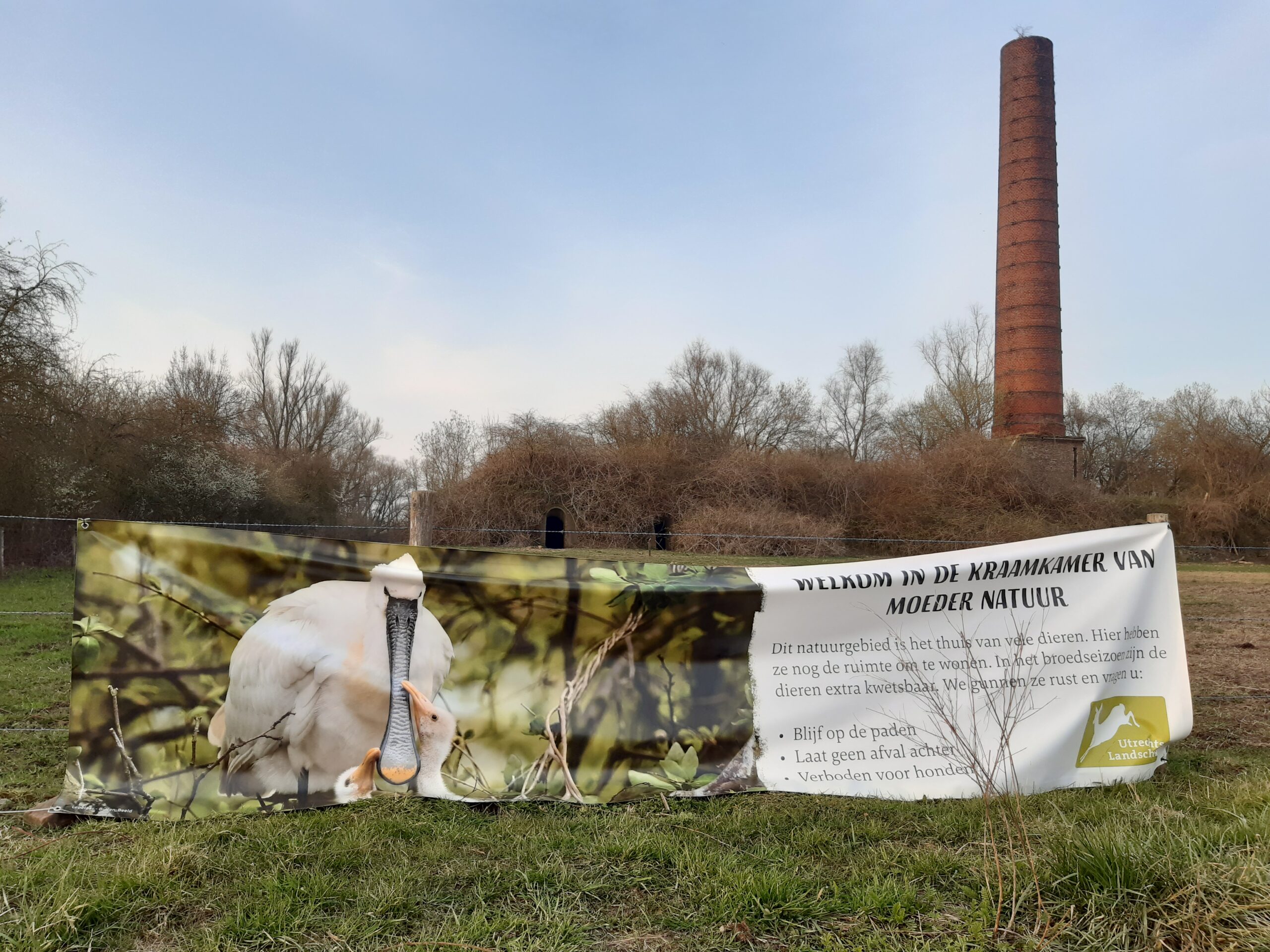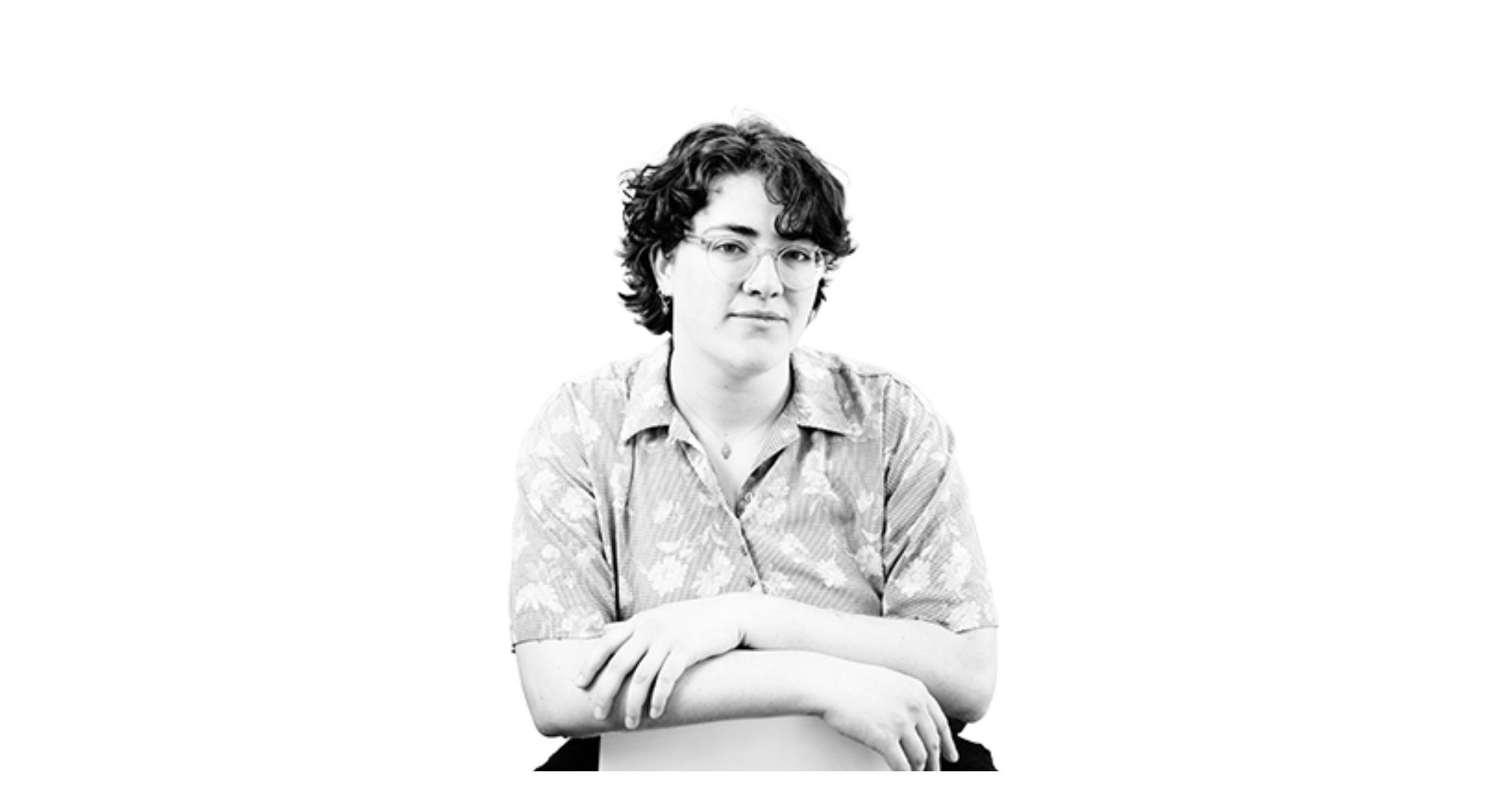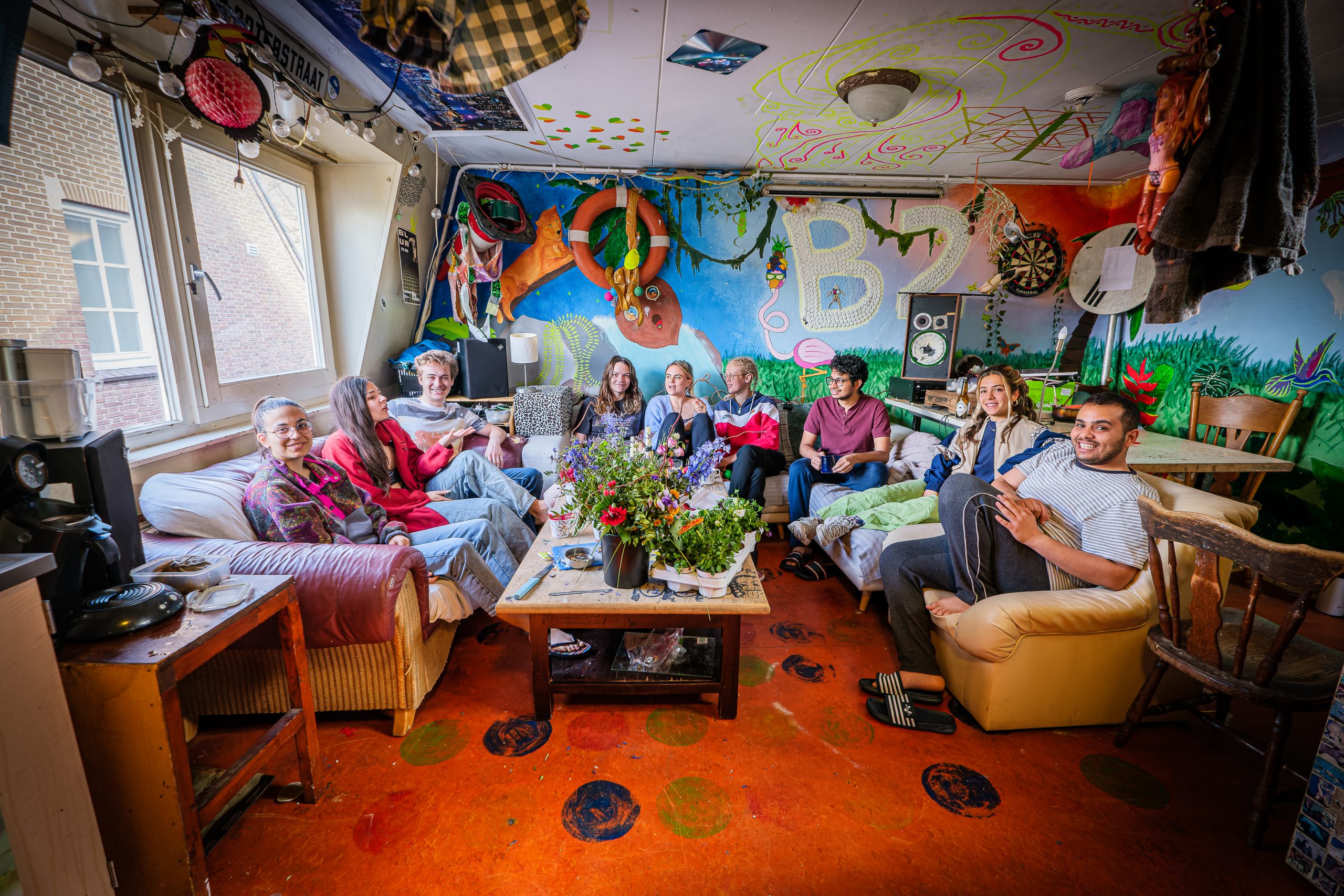There is a downside to the popularity of nature areas in Covid times: nature managers are concerned about the crowds, especially now the breeding season has started. How do you weigh up the different interests of visitors and nature? And how do scientists and conservationists see the future of nature recreation after the pandemic?
While bars, restaurants, shops and theatres have had to close, nature has remained open. With foreign holidays out of the question, many Dutch people have been spending their leisure time closer to home. Visitor numbers in nature areas have gone up by 30 per cent on average. The nature society Natuurmonumenten sees the growing interest reflected in its own statistics. Not only has the demand for cycle and hiking routes doubled but the society has also welcomed some 40,000 new members — a record.
People who spend time outdoors are less depressed and anxious
Nature is a haven during the Covid crisis, explains Sjerp de Vries, an environmental psychologist at Wageningen Environmental Research. He studies the relationship between greenery in people’s surroundings and their mental well-being, and how this is taken into account in public policy. ‘In the Netherlands and elsewhere, people are spending more time in nature. Having greenery close by is associated with mental well-being: people who spend time outdoors during the pandemic are less depressed and anxious. What is more, people now recognize the benefits of greenery.’ Matthijs Schouten, environmental philosopher and emeritus professor of Plant Ecology & Nature Conservation, also sees an increased awareness. ‘On the one hand, we realize how lovely nature is and how good it makes us feel, while on the other the pandemic evokes existential questions for some people: “Who are we and what kind of a future do we want as a society?”’
Nature as an object
However, the crowds pose a dilemma for nature managers. They are worried about the increasing disruption caused by dogs off the leash and roaming hikers. Natuurmonumenten press officer Roos Kooiman: ‘Last year, our wardens had to tell more people to keep to the rules: stay on the paths, keep your dog on its lead, take your rubbish with you and stay away after dusk.’ Some of these people are new visitors who aren’t aware of the rules. That new group offers an opportunity to increase public support for nature, which is why nature area managers are jointly launching the campaign ‘Welcome to Mother Nature’s nursery’ for the breeding season (15 March to 15 July). The campaign has two messages: you are welcome, but be aware of how vulnerable wild animals and plants are.
The crowds can also be a sign that there is not enough nature
So nature needs peace and quiet, but at the same time people need nature for their mental well-being. And lots of visitors keep nature high up the agenda of policymakers. Which is more important in Covid times: nature or the visitors? Environmental philosopher Schouten sees them as equally important: ‘I value human well-being but also the well-being of other living creatures.’ From a historical perspective, it is a typically Western attitude to think we should be able to go where we want, says Schouten. ‘We have gradually turned nature into a collection of utilizable objects and space to be colonized. We take the right of access to that space for granted.’ Many non-Western cultures distinguish between zones where humans can do what they want and zones where they are guests and wild animals and plants take precedence. There is also often a third zone for nature alone, such as sacred woods and mountaintops where no humans are allowed. This fits with a world view based on partnership and participation, in which mankind and nature are on an equal footing. Nature organizations try to arrange similar zoning systems.
‘Our areas should in principle be open to the public,’ explains Kooiman of Natuurmonumenten. A small number of areas are always closed because the nature there is too fragile, and some areas are closed during the breeding season to give nature peace and quiet. ‘Recreational use simply causes too much disturbance then.’ The nature organization is explicit: ‘Ultimately nature takes priority for us, so if the crowds harm nature we may close areas off temporarily.’
Business as usual
Kooiman expects the large numbers of visitors to drop once the Covid measures are relaxed, and that will reduce the problems with disturbance and litter. Even so, she hopes that people will continue to spend time in nature after the pandemic. Environmental psychologist De Vries says that the Covid crisis has given a boost to a process that was already underway: a growing awareness of the value of nature for our well-being. ‘It started in 1999 with Operation Tree Hut, when the ministry of Agriculture looked at what nature meant to the Dutch.’ The lockdown has put people’s mental health under pressure, and access to greenery alleviates that effect. ‘The crowds can also be a sign that there is not enough nature available,’ says De Vries. He finds it hard to predict whether this will lead to nature-inclusive policies but says now is the right moment to think about it. That is because there is another issue at play: current housebuilding plans could lead to less greenery in cities or increase the distance between people and nature. De Vries: ‘I wonder whether the possible negative consequences of this for our mental well-being are being taken into account.’
Philosopher Schouten hopes for a lasting switch in social attitudes: ‘I hope very much that we don’t go back to business as usual. If 20 per cent of society develop a deeper appreciation for the non-human world around us and for nature, and lead their lives accordingly, the rest will soon follow.’

 March 2021: banner at the Blauwe Kamer nature area run by Utrechts Landschap. Nature’s popularity during lockdown has its downsides: visitors and their dogs can disturb brooding birds, for instance. Photo: Stijn Schreven
March 2021: banner at the Blauwe Kamer nature area run by Utrechts Landschap. Nature’s popularity during lockdown has its downsides: visitors and their dogs can disturb brooding birds, for instance. Photo: Stijn Schreven 

